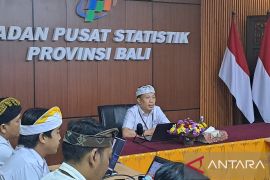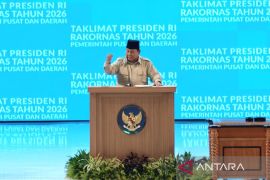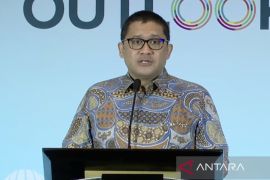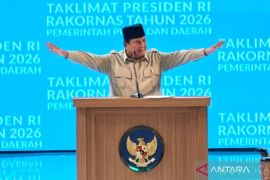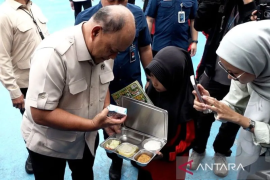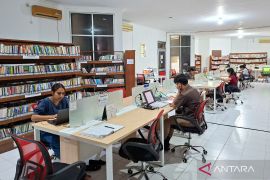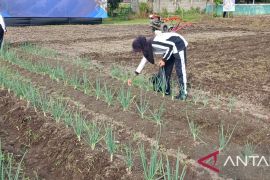"The government should an elderly empowerment policy and launch an empowerment movement for the elderly so that they do not pose an increasing burden to the government," said Satryo Soemantri Brodjonegoro, chairman of the steering committee of am international conference on "Population Aging Explosion: Opportunities and Challenges" here on Thursday.
Speaking at the closing ceremony of the conference attended by Health Ministry Secretary General Ratna Rosita, Satryo said the elderly empowerment policy should comprise such measures as riaing the mandatory retirement age, employ elderly people on contractual basis in the formal fields, empower them as volunteers in various sectors.
The former director general of higher education said that if it was not possible for the government to establish a special ministry to deal with the elderly, the task should be distributed among several existing ministries such as the social affairs ministry, health ministry, or National Family Planning and Population Board (BKKBN) with a new paradigm, namely empowerment.
According to census data, in 2010, 8.9 percent or 20.9 million of the total population of Indonesia was over 60 years old and the figure was predicted to increase by 67.3 million or 24 percent of the total population in 2050.
Another data showed that the productive age support ratio of the elderly in 2000 in Indonesia was 13.2 but in 2050 the figure would drop to 3.4.
Meanwhile, Kathryn Braun of Active Aging Consortium Asia Pacific (ACAP) said the in the United States which has for some time experienced the explosion of elderly, they have a lot of empowerment movements that make the elderly in the country remain active.
According to Kathryn, the elderly in the United States were the potential human resources as caretakers for the handicapped, volunteers in various fields, and as advocates in a number of government institutions.
(Uu.O001/HAJM/F001)
Editor: Priyambodo RH
Copyright © ANTARA 2011
